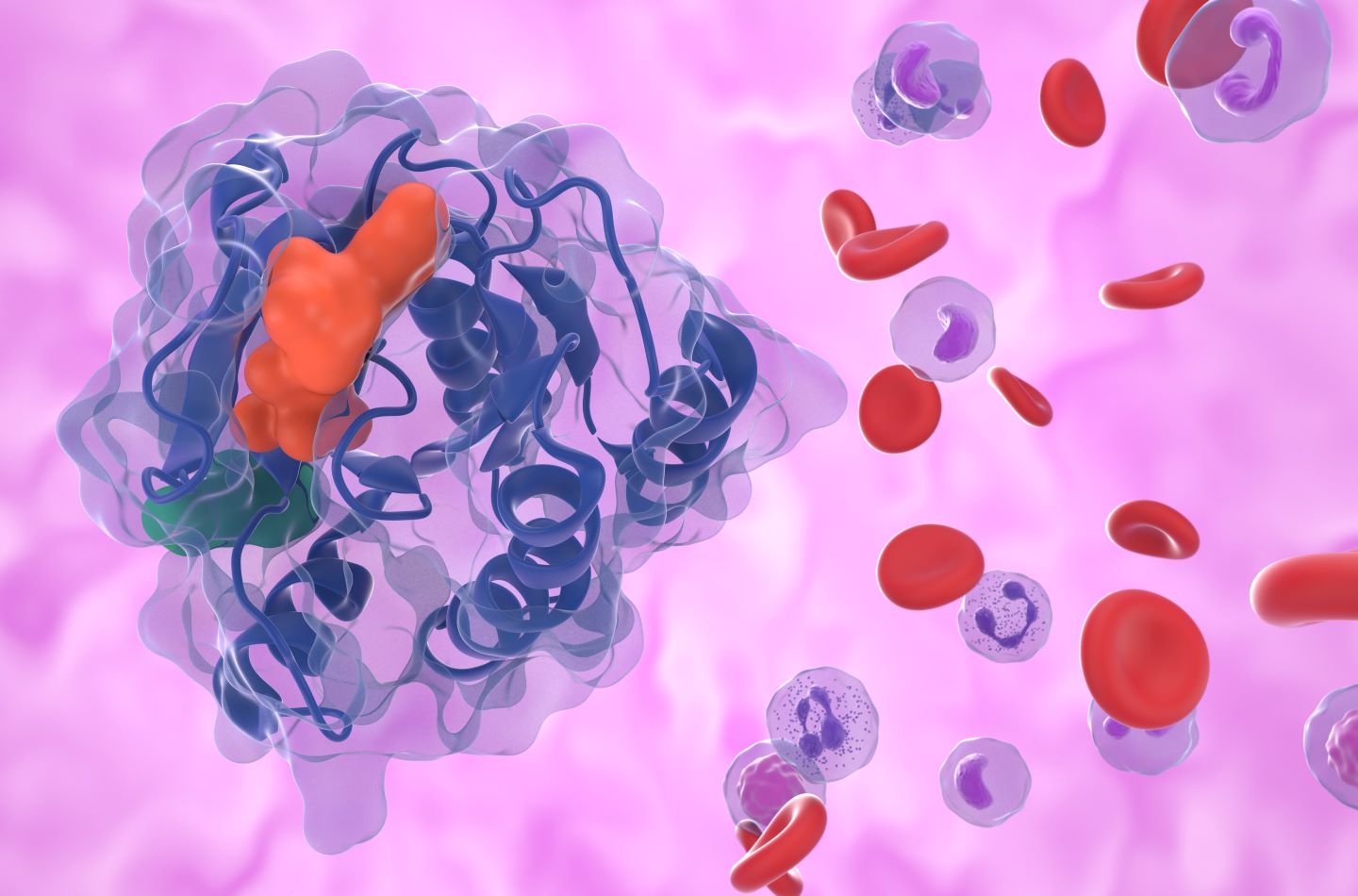
On September 6, Janssen announced positive results from the Phase III MARIPOSA-2 trial evaluating the bispecific antibody Rybrevant (amivantamab-vmjw) in combination with platinum-based chemotherapy as a second-line treatment after AstraZeneca’s Tagrisso (osimertinib) in patients with locally advanced or metastatic epidermal growth factor receptor (EGFR) exon 19 deletions or L858R substitution non-small cell lung cancer (NSCLC). Rybrevant, administered with or without the third-generation EGFR inhibitor lazertinib, was reported to demonstrate “statistically significant and clinically meaningful” improvement in progression-free survival (PFS) over the chemotherapy regimen of carboplatin and pemetrexed. The success of the trial is an important milestone in marking the expansion of Janssen’s foothold in the highly competitive NSCLC field, and in providing a new, efficacious treatment alternative beyond tyrosine kinase inhibitors and PD-(L)1 inhibitors for NSCLC patients in later lines.
Rybrevant exerts its therapeutic effect through three different mechanisms of action, by binding to the extracellular domains of EGFR and mesenchymal-epithelial transition (MET) receptors to cause a disruption in relevant signalling pathways, triggering EGFR and MET degradation, as well as facilitating anti-tumour activities by directing different immune cells. The antibody received its first FDA approval in 2021 under the accelerated pathway as a second-line treatment after platinum-based chemotherapy for locally advanced or metastatic NSCLC patients carrying EGFR exon 20 insertion mutation. The positive results of the MARIPOSA-2 trial unlock the opportunity for Rybrevant to tap into a broader patient population that constitutes up to 90% of all EGFR mutations in NSCLC, and accumulate community confidence in adopting the agent in the new segment. Simultaneously, Rybrevant is pursuing a first-line label as a combination therapy with lazertinib in its Phase III MARIPOSA trial, aiming for a primary completion date of April 2024. Still, Rybrevant is likely to face an uphill battle in the front-line setting against the once-daily oral tablet Tagrisso, as the bispecific antibody requires intravenous administration every one to two weeks, in addition to pre-medication for infusions. Clinical performance from the MARIPOSA trial would be the decisive factor for Rybrevant to outshine the competitor from AstraZeneca.
Currently, NSCLC patients with EGFR exon 19 deletions or L858R substitution face limited therapeutic options after seeing disease progression post-front-line treatment. Stereotactic ablative radiotherapy, resection surgery, and extended cycles of osimertinib remain the only treatment options for limited lesions until patients inevitably progress to multiple lesions. After further progression, systemic therapies with PD-(L)1 inhibitors and platinum-based chemotherapies become the last line of defence against the disease before palliative care. Patients with autoimmune disease or current use of immunosuppressive agents would be ineligible for the immunotherapies, leaving the chemotherapies as the sole option. With the positive results from the MARIPOSA-2 trial, Rybrevant could serve as a promising treatment alternative that benefits patients who have contraindications to PD-(L)1 inhibitors, and those who are refractory to EGFR tyrosine kinase inhibitors, reserving the immunotherapies for the following line of therapy.
The label expansion into the new EGFR mutation segment would be a strong starting point for the continuing growth of Rybrevant’s sales performance. Based on GlobalData’s patient-based forecast, Rybrevant’s projected total annual sales are anticipated to reach $656m by 2029. Detailed data on both primary and secondary endpoints, such as overall survival, objective response rate, and duration of response, could be expected to be presented by Janssen at upcoming scientific conferences. The publication of further clinical data is likely to be showcased in approximately one month’s time at the European Society for Medical Oncology congress in October.
